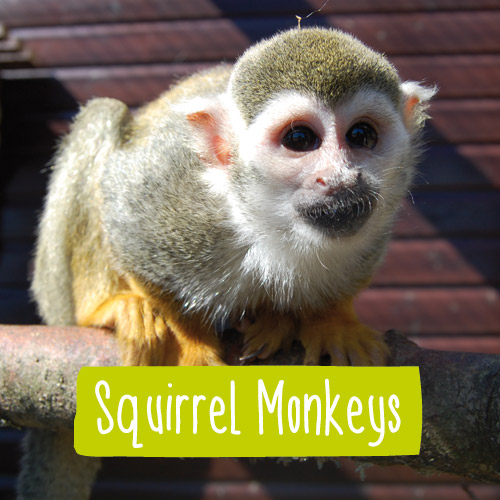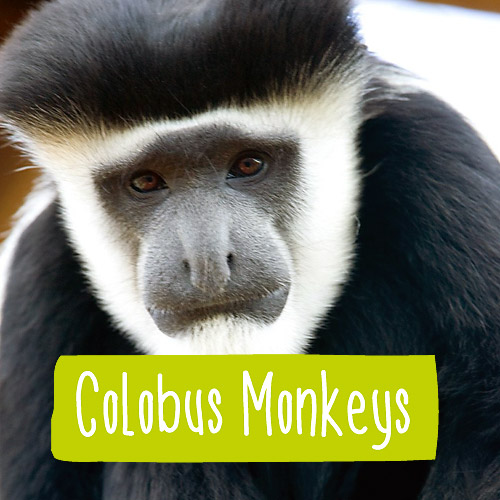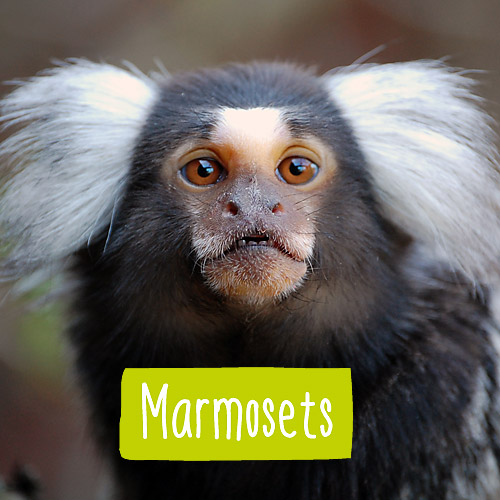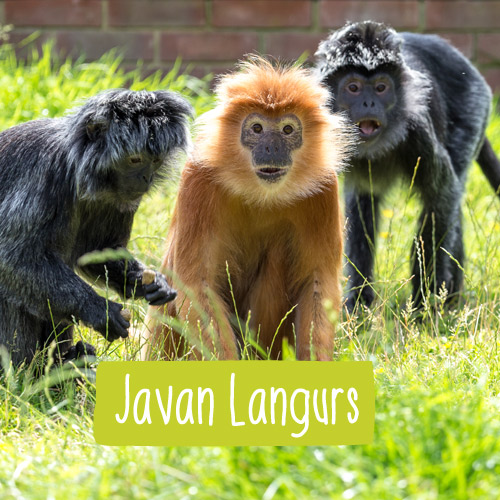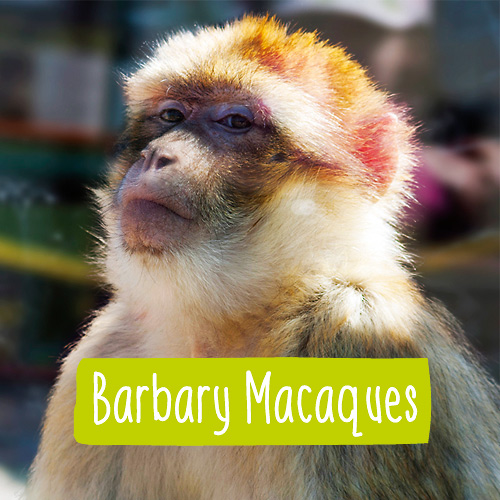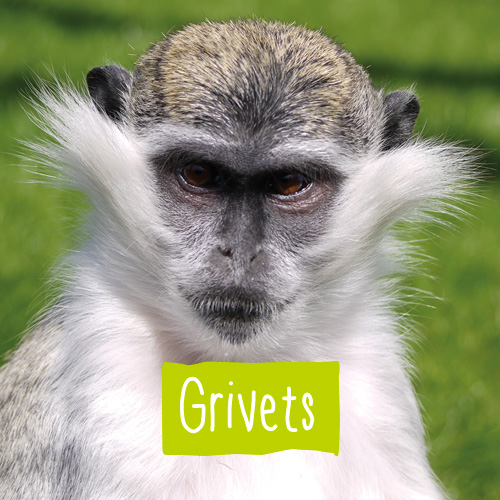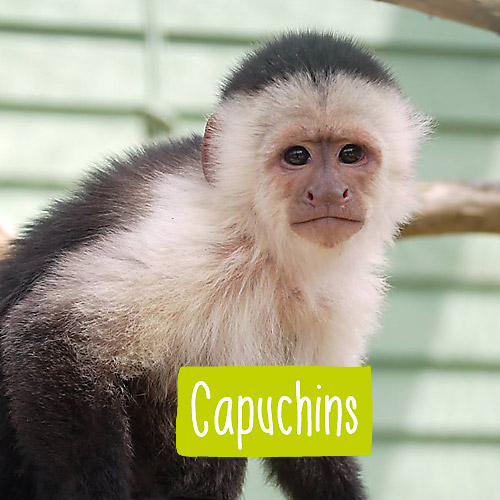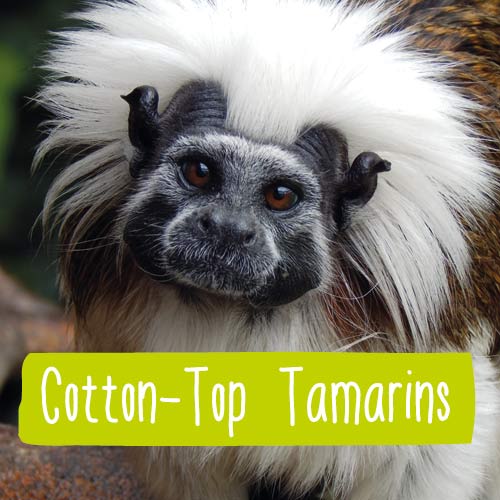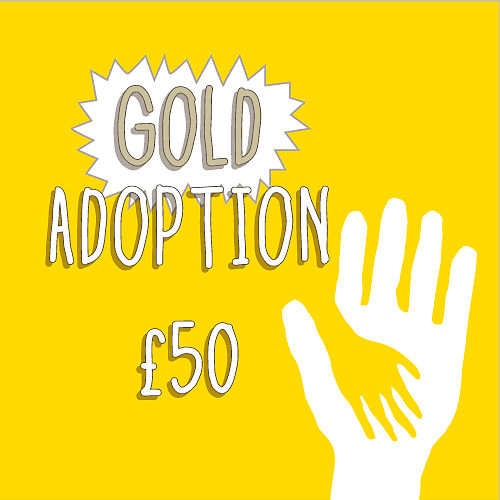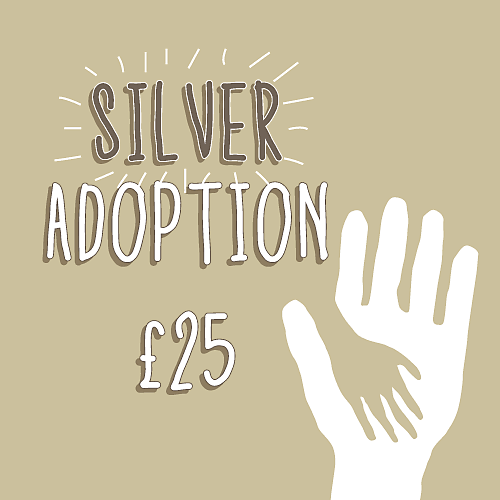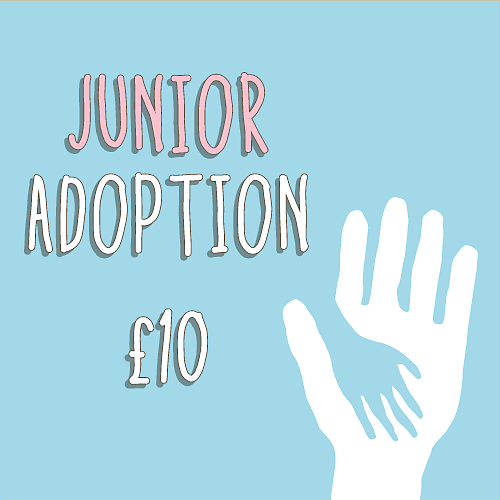Meet some of the stars…
The animals we look after have come to us for various reasons – they may have been bullied within their original groups, rescued from the illegal pet trade, or unsuitable for breeding programmes. Some of our raptors are injured native birds that would be unable to fend for themselves in the wild.
Say hi to the Primates
We care for over 19 different species of primates, from the tiny Marmosets to the singing Lar Gibbons. This diverse group is the largest collection on the Isle of Wight and every animal has a unique personality.
Each family is housed in a large, spacious enclosure, with everything they need to ensure that they stay happy and healthy. Let us introduce you to a few of them…
Plus these amazing animals…
Dr Bog will see you now
Bog’s nickname is Doctor Bog, as he’s the one that cleans the other gibbons’ wounds or checks them over for any injuries.
Most of the primates’ food intake is vegetables. Fruit contains a lot of sugar and we have to watch their diets, so it’s given as a treat.
Let us introduce you to Taabo and Imara, the two latest rescues who have found their forever home here at Monkey Haven…
Diana monkeys are an endangered species and Taabo and Imara were both part of the European Endangered Species Programme in the Netherlands. However, Taabo’s genetic eye condition meant he couldn’t be selected for breeding. Imara has joined Taabo at Monkey Haven to keep him company because Diana monkeys are very sociable animals.
Eight-year-old Taabo is a cheeky and adventurous chap who loves to eat squash and lick the raindrops off the wires of his enclosure. He is very protective of Imara and can often be seen with his arm around her. He won’t let any food go to waste – we’ve spotted him trying to chase the ladies away when his favourite snacks appear!
Imara is a little calm and shy but she’s settling in well. In fact, she’s settling in so well that she makes a big mess of the newspapers when searching for treats. She’s a delicate little lady and loves being hand fed (especially so Taabo can’t steal her food when he’s hungry)! She particularly enjoys eating root vegetables.
As with all our animals, we organised and funded the travel, licenses and logistics involved in bringing Taabo and Imara to the Isle of Wight. They are now living with the Colobus ladies who have welcomed them into their enclosure.
Diana monkeys originate from West Africa where it is believed they have lost 50% of their habitat over the past three decades, due to growing populations, deforestation and hunting. Their Conservation Status rose to Endangered in 2019.
Taabo and Imara are both are very well groomed and have the most beautiful colouring and shiny coats. Pop in and say hello.
& Birds of Prey
The Haven is home to various species of Owl, including Tawny Owls, Boobooks, Bengal Eagle Owls and Snowy Owls. Many of our birds have come from zoos and private collections. Others were injured or rescued native birds from the wild – wherever possible we care for the birds until they are well enough to be released back into the countryside.
Here are some of our feathery friends…
Owls can turn their heads to see in all directions.
Ketch the Eagle Owl tries to encourage the keepers into his nest by offering them his leftover food.
Reptiles & insects
Visit our Reptile Lodge to get up close to some slithering snakes and creepy crawlies. You can eyeball a Tarantula, cuddle a Boa Constrictor and meet the Tortoises.
Say hello some of the reptile residents…
And don’t forget about this mob…
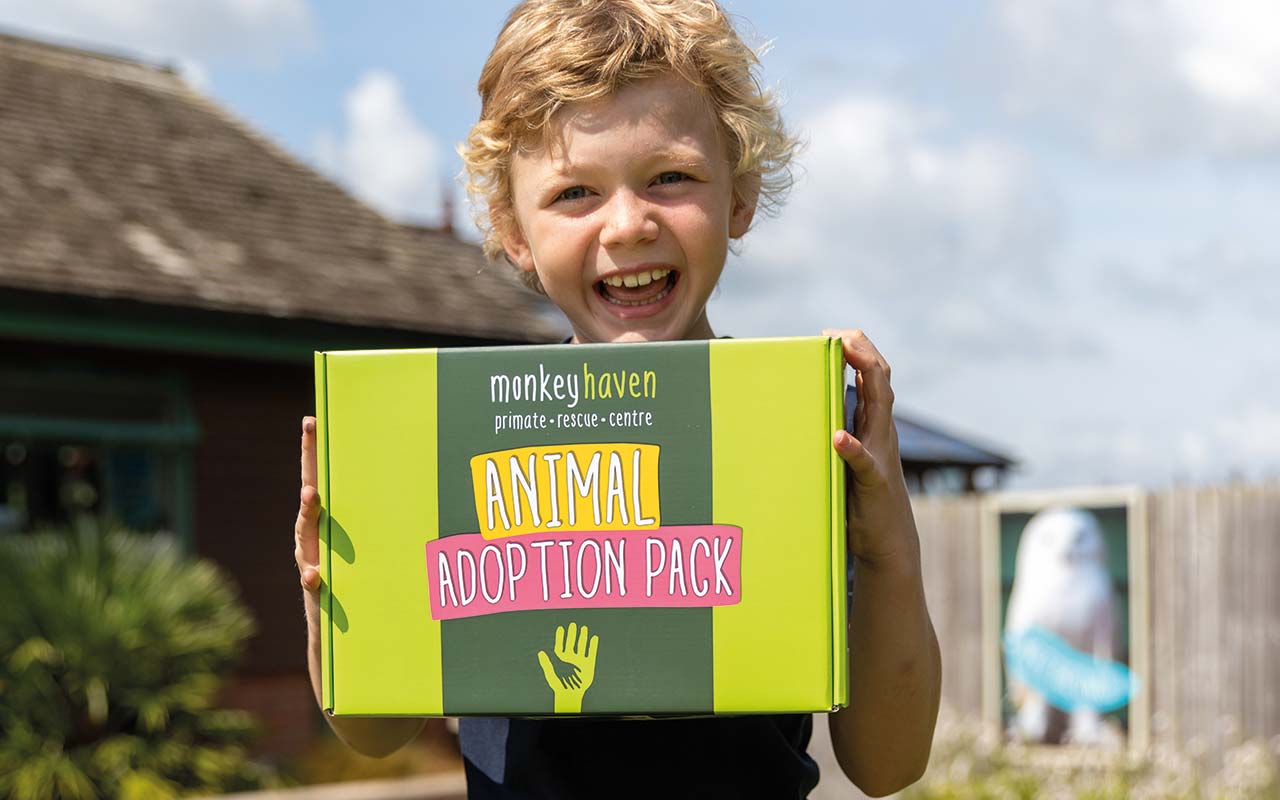
By adopting an animal you will be contributing towards their upkeep.
An adoption makes a very special gift, and also gives you a lovely feel-good glow. We’ll send the lucky recipient a bundle of goodies, depending on which adoption you choose.
